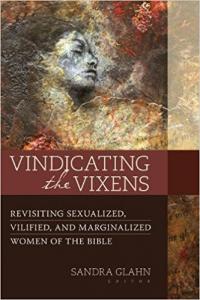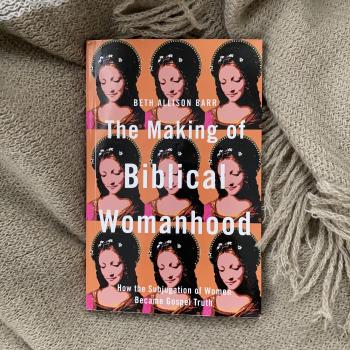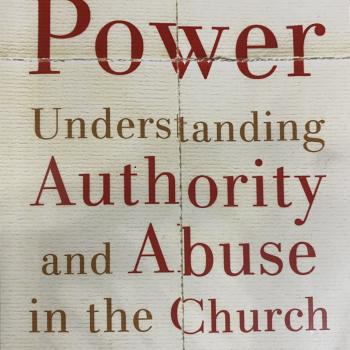Biblical Women
 In what will come as a surprise to exactly none of my friends, allow me to recommend Vindicating the Vixens: Revisiting Sexualized, Vilified, and Marginalized Women of the Bible, a series of essays written by an international group of biblical scholars and edited by Sandra Glahn. In this recent publication, the stories of women such as Eve, Tamar, Rahab, Sarah, Hagar, Ruth, Mary Magdelene, Mary the mother of Jesus, and more are revisited with an eye to their specific cultural setting along with a fresh focus on the text of their stories. A few of my favorites:
In what will come as a surprise to exactly none of my friends, allow me to recommend Vindicating the Vixens: Revisiting Sexualized, Vilified, and Marginalized Women of the Bible, a series of essays written by an international group of biblical scholars and edited by Sandra Glahn. In this recent publication, the stories of women such as Eve, Tamar, Rahab, Sarah, Hagar, Ruth, Mary Magdelene, Mary the mother of Jesus, and more are revisited with an eye to their specific cultural setting along with a fresh focus on the text of their stories. A few of my favorites:
Tamar: Daughter-in-law of Judah, the leading son of patriarch Jacob, she has long been seen as either a prostitute or victim. But the neglected, abused wife of Judah’s two older sons—who were killed by God for their wickedness—pursues her family honor by tricking her father-in-law into sleeping with her so that she can bear sons for his family line. He had no intention of following the levirate law, which made a man responsible for his brother’s widow so as to continue his brother’s line, but her honor was at stake. She acted in faithfulness, at great risk to herself, and was vindicated by Judah himself when he was outed as the father of her twin sons. “She is more in the right than I,” Judah acknowledged (Gen. 38:26). Tamar should be admired and emulated not for her specific actions, which would make no sense in our culture, but for her determination, courage, and faith.
Ruth: Unlike many current pastors who teach through this biblical woman’s story, Carolyn Custis James demonstrates the extraordinary faith and courage of Ruth as she challenges Boaz to follow the spirit of the Law even more than the letter of it. A love story? Maybe, but the feelings would have followed the wedding, not preceded it. The biblical text shows that Ruth was a woman of valor, an “ezer” devoted to her new God, Yahweh, when she worked hard in the fields to support her mother-in-law Naomi. Her words to Boaz at the threshing floor provoked his own act of valor when he vowed to see that she would be cared for according to the Law. As a kinsman-redeemer, he could have just paid their rent and made sure they didn’t suffer. He didn’t have to marry Ruth—that was going above and beyond. But the extraordinary faith of the Moabite (outsider) woman ignited his own rock-solid character, and together they became a foundational element to the kingly line of David and, later, Jesus.
Mary Magdalene: No, she wasn’t a reformed prostitute or Jesus’s wife. She supported his ministry through her own funds and became the first witness to the Resurrection. Jesus told her to go and tell the disciples that he was risen. In a culture where women were not allowed as witnesses in court, her testimony was extraordinary. “An apostle to the apostles” and backbone of his earthly ministry, Mary has been unfairly maligned throughout history (probably due to unintentional errors with the early texts) and more recently exploited by popular novels and movies. Go back to the Bible for the real story (Luke 8:2, 24:10; Matt. 27—28; John 19:25, 20:1–18). Consider how you can be a bold witness for Christ.












